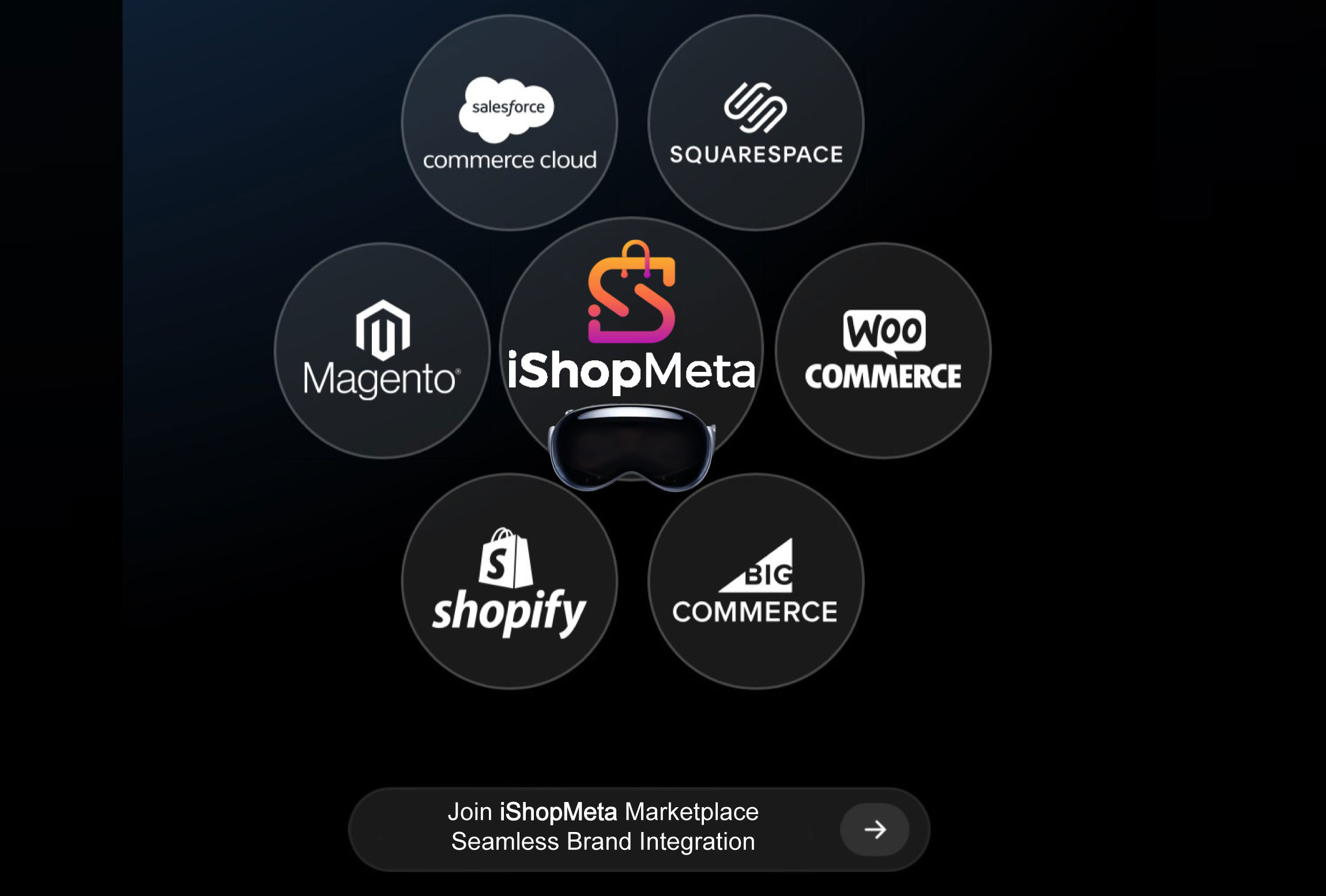Non-Fungible Tokens (NFTs) have caused a stir in the digital world, changing our understanding of ownership and value in the digital realm. NFTs are unique digital assets that utilize blockchain technology to establish verifiable ownership and provenance. These tokens can represent various forms of digital content, such as artwork, music, videos, virtual real estate, and more. NFTs have gained significant attention due to their ability to authenticate and sell digital assets securely, creating new opportunities for artists, creators, and collectors.
One of the key components driving the growth of the NFT ecosystem is the emergence of NFT marketplaces. These platforms are digital marketplaces where users can buy, sell and trade NFTs. An NFT marketplace provides a convenient and accessible way for creators to showcase and monetize their digital assets. In contrast, collectors and enthusiasts can explore, purchase, and own unique digital items.
Current State of NFTs and NFT Marketplaces
In recent years, NFTs have witnessed an explosion in popularity and mainstream adoption. One of the most noteworthy illustrations is the sale of Beeple’s artwork titled “Everyday: The First 5000 Days” for $69 million on the popular NFT marketplace, Christie’s. This high-profile sale highlighted the potential financial value of NFTs and brought them to the general public’s attention.
Several prominent NFT marketplaces have emerged as the go-to platforms for buying and selling NFTs. Some of the leading marketplaces include OpenSea, Rarible, SuperRare, and NBA Top Shot. These platforms have attracted a wide range of creators, artists, celebrities, and brands who have leveraged the power of NFTs to monetize their digital content.
NFTs have not been limited to the art world alone. Music artists have also embraced NFTs to connect with fans and provide exclusive content. Musicians like Kings of Leon, Grimes, and 3LAU have released albums, songs, and collectibles as NFTs, offering unique experiences and incentives to their supporters.
The Future of NFTs and NFT Marketplaces
As NFTs continue to gain momentum, several trends and developments are shaping the future of this rapidly evolving space.
Expansion of NFT Use Cases
While art and collectibles have dominated the NFT market thus far, we can expect NFTs to extend into other domains, such as virtual real estate, gaming assets, intellectual property rights, domain names, and even physical assets like real estate and luxury goods. This expansion will provide new opportunities for creators, collectors, and businesses.
Enhanced Interoperability and Cross-Platform Support
Currently, most NFTs are built on specific blockchain networks like Ethereum. However, efforts are underway to improve interoperability and enable NFTs to exist across multiple blockchains. This will enhance liquidity and accessibility, allowing users to trade NFTs across different platforms and ecosystems seamlessly.
Sustainability and Carbon Footprint
The energy consumption and environmental impact of blockchain networks, especially in the case of proof-of-work protocols like Ethereum, have raised concerns. In response, developers are exploring alternative solutions, such as layer-two scaling, proof-of-stake mechanisms, and eco-friendly blockchains to reduce the carbon footprint associated with NFT transactions.
Fractional Ownership and DeFi Integration
Fractional ownership allows multiple individuals to own a share of an NFT, enabling broader access to high-value assets. Integrating NFTs with decentralized finance (DeFi) protocols opens up possibilities for collateralizing, lending, and borrowing against NFT holdings, unlocking liquidity and new financial instruments within the NFT ecosystem.
Augmented Reality (AR) and Virtual Reality (VR) Experiences
NFTs have the potential to integrate with AR and VR technologies, creating immersive experiences for collectors and users. Virtual galleries, museums, and interactive virtual worlds could become the norm, where users can display and interact with their NFT collections in a digital environment.
Conclusion
NFTs and NFT marketplaces have ushered in a new digital ownership and value era. The rise of NFTs represents a fundamental shift in how we perceive and trade digital assets, empowering creators and collectors alike. While the current focus has been on art and collectibles, the future of NFTs holds tremendous potential across various industries, including music, gaming, real estate, and more. As the technology evolves, we can expect NFTs to offer enhanced interoperability, expanded use cases, improved sustainability, and integration with emerging technologies like AR and VR.
To explore and experience the world of NFTs, visit iShopMeta.com, a leading NFT marketplace that provides a diverse range of digital assets for sale. Discover unique artworks, music, collectibles, and more, while supporting creators and artists in their NFT journey. Join the revolution of digital ownership at iShopMeta.com today!
Remember, the journey of NFTs is just beginning, and the possibilities are boundless. Embrace the future of digital ownership with iShopMeta.com.
FAQs
What makes an NFT unique?
Each NFT is unique and cannot be exchanged one-to-one like cryptocurrencies. NFTs represent ownership or proof of authenticity of a specific digital asset.
What can NFTs represent?
NFTs can represent various digital assets, including artwork, music, videos, virtual real estate, collectibles, etc.
Can I sell my NFT after buying it?
Yes, you can sell your NFT on NFT marketplaces or through other platforms that support NFT trading.
Are NFT transactions secure?
NFT transactions are recorded on a blockchain, making them transparent and secure. However, it’s essential to ensure you use reputable marketplaces and follow best practices to protect your digital assets.





